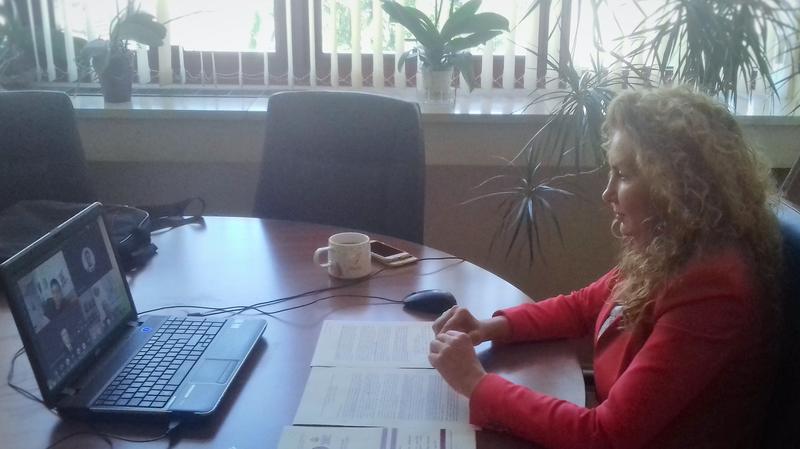Deputy Minister Denitsa Nikolova: We envisage a wider public discussion of the future urban development projects
Deputy Minister Denitsa Nikolova: We envisage a wider public discussion of the future urban development projec
By Ministry of Regional Development and Public Works
Urban development projects that will receive European funding through the regional development operational programme in the next programming period will be subject to wider public discussion with the stakeholders. In this way, we aim to get more constructive solutions and wider support. This was stated by the Deputy Minister of Regional Development and Public Works and Head of the Managing Authority of the OPRG - Denitsa Nikolova during her participation in a student video conference on: “Modern concepts for the development of smart cities”, organised by the Department of Regional Development of the University of National and World Economy.
According to Deputy Minister Nikolova, investments for the transformation of our cities into smart centres should be focused on widely debated project ideas that predict future development. “Smart decisions for the development of cities or any area of economic and social life come mostly from young people who are not burdened by the past and think out of the box. That is why the future development of the regional and urban policy related to the implementation of smart solutions should involve more stakeholders,” said Denitsa Nikolova.
Currently, the development of “smart cities” is mainly linked to the construction of sustainable urban transport, ecological urban environment and efficient urban infrastructure, which contribute to a higher standard of living and better social and economic services. “Our regional policy priorities are very closely related to urban development, because an increasing number of the population is concentrated in the cities,” said Nikolova. According to official statistics, about 70% of the EU population is concentrated in cities, and the trend is expected to reach this percentage worldwide. “This also hides its risks, because with the increase of urbanisation we will face challenges such as excessive use of resources, heavy traffic, social inequalities, ensuring affordable and quality housing. We must respond adequately with the relevant policies and financial resources that provide a solution to these problems,” Nikolova pointed out to the participants.
According to her, the effective implementation of the concepts for the development of smart cities has the potential to solve pressing problems of the environment, economy, transport and infrastructure. Projects that offer modern and innovative solutions and in which administration, business and civil society work together will be encouraged. It is important that smart city projects include plans for ensuring transparency and accessibility for the citizens, and this can also be achieved by using modern technologies – data portals or mobile applications, so that the residents will be aware of new opportunities.
Nikolova also said that the state of emergency in the country has had a positive effect on the introduction of e-government. “In a few weeks, we overcame things that had been taking years before. That is why we welcome all initiatives that can contribute to the smart management of our cities, such as more digital opportunities,” she added.




